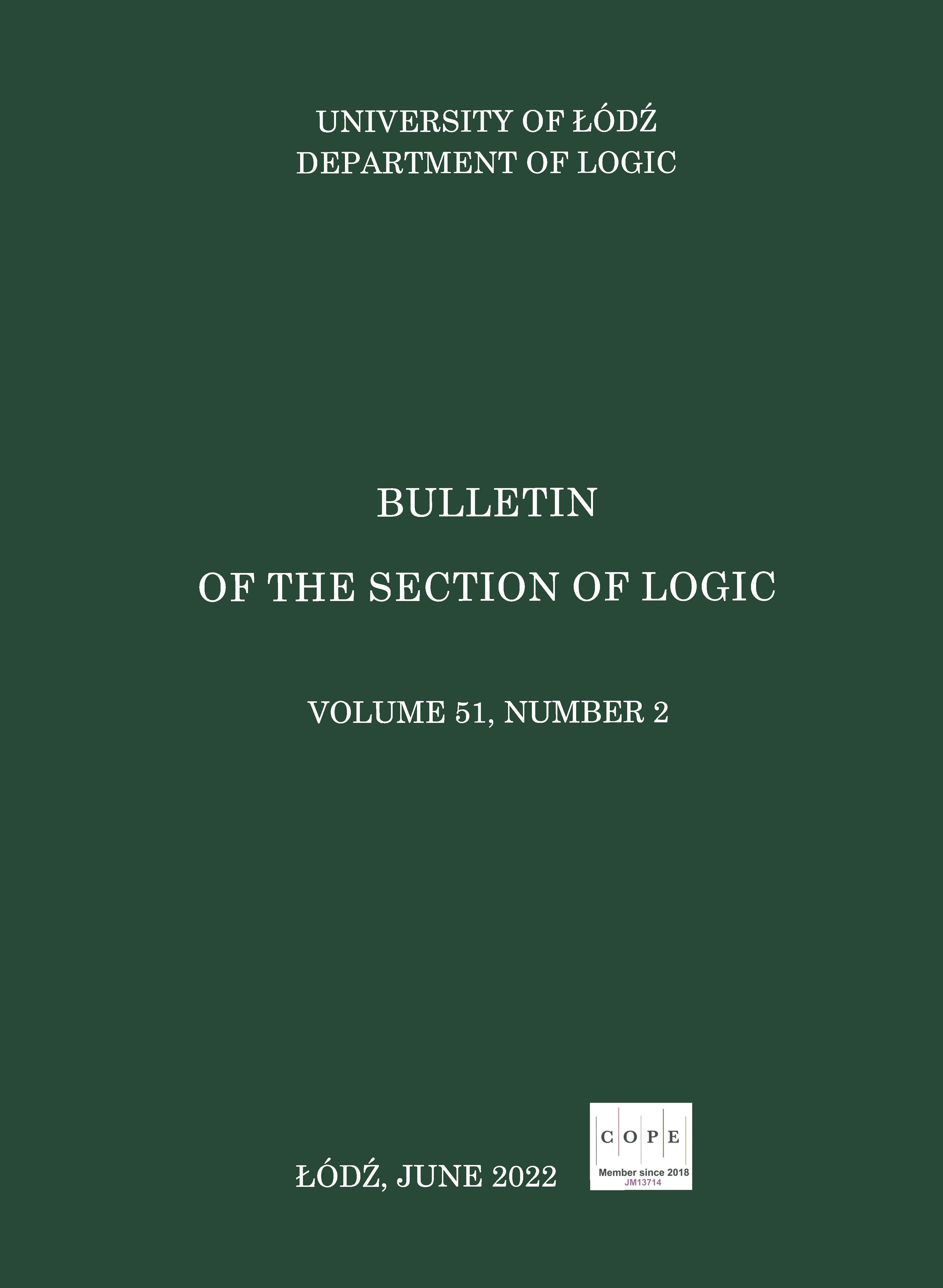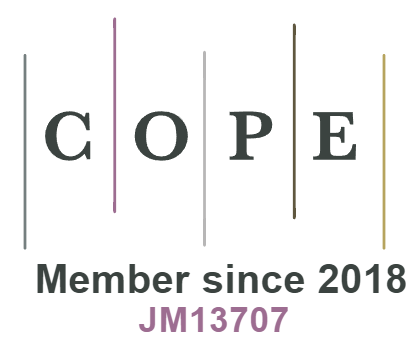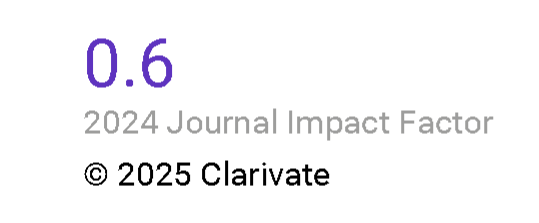Tableaux for some deontic logics with the explicit permission operator
DOI:
https://doi.org/10.18778/0138-0680.2022.11Keywords:
explicit permission, free choice, relating semanticsAbstract
In this paper we present a tableau system for deontic logics with the operator of explicit permission. By means of this system the decidability of the considered logics can be proved. We will sketch how these logics are semantically defined by means of relating semantics and how they provide a simple solution to the free choice permission problem. In short, these logics employ relating implication and a certain propositional constant. These two are in turn used to define deontic operators similarly as in Andersonian-Kangerian reduction, which uses different intensional implications and constants.
References
A. Anderson, A reduction of deontic logic to alethic modal logic, Mind, vol. LXVII(265) (1958), pp. 100–103, DOI: https://doi.org/10.1093/mind/LXVII.265.100.
Google Scholar
DOI: https://doi.org/10.1093/mind/LXVII.265.100
A. Anderson, Some nasty problems in the formal logic of ethics, Noûs, vol. 1(4) (1967), pp. 345–360, DOI: https://doi.org/10.2307/2214623.
Google Scholar
DOI: https://doi.org/10.2307/2214623
A. J. J. Anglberger, F. Korbmacher, J. Faroldi, An exact truthmaker semantics for explicit permission and obligation, [in:] O. Roy,
Google Scholar
A. Tamminga, M. Willer (eds.), Deontic Logic and Normative Systems. 13th International Conference, DEON (2016), pp. 16–31, URL:
Google Scholar
http://www.collegepublications.co.uk/downloads/DEON00001.pdf.
Google Scholar
S. Artemov, The Logic of Justification, The Review of Symbolic Logic, vol. 1 (2008), pp. 477–513, DOI:
Google Scholar
DOI: https://doi.org/10.1017/S1755020308090060
https://doi.org/10.1017/S1755020308090060.
Google Scholar
DOI: https://doi.org/10.1017/S1755020308090060
G. Carneiro, The Logic of Normative Justification, Archives of Philosophy, vol. 51 (2019), pp. 79–115, DOI:
Google Scholar
DOI: https://doi.org/10.26650/arcp2019-5106
https://doi.org/10.26650/arcp2019-5106.
Google Scholar
DOI: https://doi.org/10.26650/arcp2019-5106
F. Dignum, J. C. Meyer, R. J. Wieringa, Free Choice and Contextually Permitted Actions, Stud Logica, vol. 57(1) (1996), pp. 193–220, DOI: https://doi.org/10.1007/BF00370675.
Google Scholar
DOI: https://doi.org/10.1007/BF00370675
R. L. Epstein, Relatedness and implication, Philosophical Studies, vol. 36 (1979), pp. 137–173, DOI: https://doi.org/10.1007/BF00354267.
Google Scholar
DOI: https://doi.org/10.1007/BF00354267
D. Glavaničová, T. Jarmużek, M. Klonowski, P. Kulicki, Free choice permission, legitimisation and relating semantics, Logic Journal of the IGPL, (2022), pp. 1–19, DOI: https://doi.org/10.1093/jigpal/jzac047.
Google Scholar
DOI: https://doi.org/10.1093/jigpal/jzac047
S. O. Hansson, The Varieties of Permission, [in:] D. Gabbay, J. Horty, X. Parent, R. van der Meyden, L. van der Torre (eds.), Handbook of deontic logic and normative systems, College Publications (2013), pp. 195–240, URL: http://www.collegepublications.co.uk/downloads/handbooks00001.pdf.
Google Scholar
R. Hilpinen, Deontic Logic, [in:] L. Goble (ed.), The Blackwell guide to philosophical logic, Blackwell Publishers Ltd (2001), pp. 159–182, DOI: https://doi.org/10.1002/9781405164801.ch8.
Google Scholar
DOI: https://doi.org/10.1111/b.9780631206934.2001.00011.x
T. Jarmużek, Tableau Metatheorem for Modal Logics, [in:] C. W. R. Ciuni, H. Wansing (eds.), Recent Trends in Philosophical Logic, vol. 41 of Trends in Logic, Springer, Dordrecht (2014), pp. 103–126, DOI: https://doi.org/10.1007/978-3-319-06080-4_8.
Google Scholar
DOI: https://doi.org/10.1007/978-3-319-06080-4_8
T. Jarmużek, Relating semantics as fine-grained semantics for intensional logics, [in:] A. Giordani, J. Malinowski (eds.), Logic in
Google Scholar
High Definition, vol. 56 of Trends in Logic, Springer (2021), pp. 13–30, DOI: https://doi.org/10.1007/978-3-030-53487-5_2.
Google Scholar
DOI: https://doi.org/10.1007/978-3-030-53487-5_2
T. Jarmużek, B. Kaczkowski, On some logic with a relation imposed on formulae: Tableau system F, Bulletin of the Section of Logic, vol. 43(1) (2014), pp. 53–72.
Google Scholar
T. Jarmużek, M. Klonowski, On logics of strictly-deontic modalities. A semantic and tableau approach, Logic and Logical Philosophy, vol. 29(3) (2020), pp. 335–380, DOI: https://doi.org/10.12775/LLP.2020.010.
Google Scholar
DOI: https://doi.org/10.12775/LLP.2020.010
T. Jarmużek, M. Klonowski, Some intensional logics defined by relating semantics and tableau systems, [in:] A. Giordani, J. Malinowski (eds.), Logic in High Definition, vol. 56 of Trends in Logic, Springer (2021), pp. 31–48, DOI: https://doi.org/10.1007/978-3-030-53487-5_3.
Google Scholar
DOI: https://doi.org/10.1007/978-3-030-53487-5_3
T. Jarmużek, J. Malinowski, Boolean Connexive Logics: Semantics and tableau approach, Logic and Logical Philosophy, vol. 28 (2019), pp. 427–448, DOI: https://doi.org/10.12775/LLP.2019.003.
Google Scholar
DOI: https://doi.org/10.12775/LLP.2019.003
S. Kanger, New foundations for ethical theory, [in:] R. Hilpinen (ed.), Deontic logic. Introductory and systematic readings, D. Reidel (1981(1957)), pp. 36–58, DOI: https://doi.org/10.1007/978-94-010-3146-2_2.
Google Scholar
DOI: https://doi.org/10.1007/978-94-010-3146-2_2
G. Leibniz, Elementa iuris naturalis, [in:] Sämtliche Schriften und Briefe. Sechste Reihe. Philosophische Schriften, Otto Reichl Verlag
Google Scholar
(1930), pp. 431–485.
Google Scholar
G.-J. Lokhorst, Andersonian deontic logic, propositional quantification, and Mally, Notre Dame Journal of Formal Logic, vol. 47(3) (2006), pp. 385–395, DOI: https://doi.org/10.1305/ndjfl/1163775445.
Google Scholar
DOI: https://doi.org/10.1305/ndjfl/1163775445
F. Melissa, Free choice effects and exclusive disjunction, Inquiry, vol. 65(4) (2022), pp. 456–470, DOI: https://doi.org/10.1080/0020174X.2020.1758768.
Google Scholar
DOI: https://doi.org/10.1080/0020174X.2020.1758768
Downloads
Published
How to Cite
Issue
Section
License

This work is licensed under a Creative Commons Attribution-NonCommercial-NoDerivatives 4.0 International License.
Funding data
-
Narodowym Centrum Nauki
Grant numbers UMO-2017/26/M/HS1/01092















